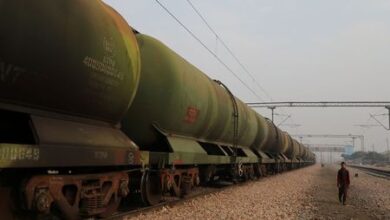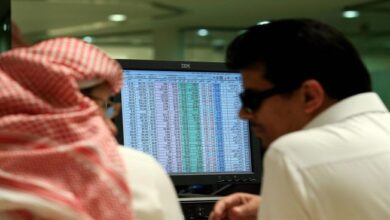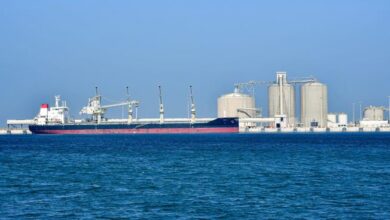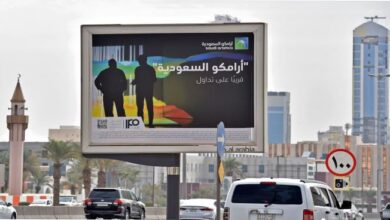The Kingdom’s companies plight exacerbated due to coronavirus
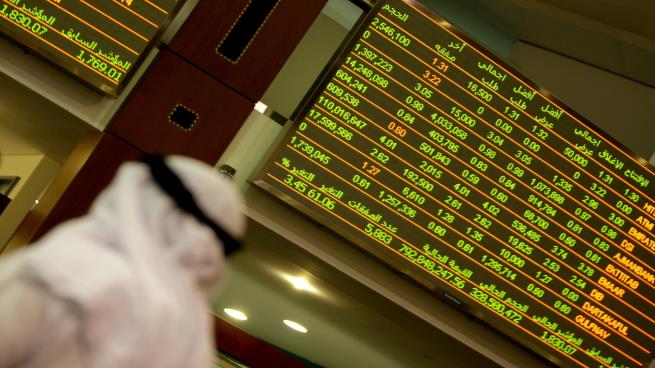
The plight of the largest companies in the Kingdom is exacerbated by the coronavirus pandemic crisis, after it was already facing an unprecedented loss and deterioration crisis.
The reduction of government projects and public spending leads to greater negative damage to the Kingdom’s companies, while the damage suffered by the tourism, retail, hospitality, transport, and catering sectors resulting from the disruption of global travel and the closure of most public places increases to the contracting and oil services sectors in the two largest economies in the Arab world.
Last week, the Kingdom announced the suspension of work in the third phase of the expansion of the Great Mosque, which costs $100 billion, due to fears of the danger of an outbreak of the coronavirus.
Two days ago, the construction giant Bin Laden Group said in an internal notification published by Reuters news agency that two employees working on the project were infected.
MOBCO Civil Construction sent a memo to its employees in Riyadh, Makkah and Madinah informing them that it intends to reduce wages by 25 to 50% due to “the urgent circumstances of COVID-19, according to the internal document dated March 25, which was seen by Reuters.
A source in a large Gulf contracting company, speaking on condition of anonymity because of the sensitivity related to discussing the company’s plans, said that he had not witnessed the assignment of any new Saudi projects during the past two months.
“There are many concerns, but the work has not stopped in the project we are working on,” said a Saudi contractor, who also asked not to be identified. He expressed fears that the state-backed project would be threatened.
He added, “These workers eat, drink and sleep in the same place. If only one of them becomes infected, the entire project will stop, “he said, adding that it is very costly for contractors to stop work unless directed by the government to do so.
Government spending in the oil-producing Gulf is the main driver of economic growth, and the Kingdom and the UAE announced stimulus measures worth nearly $70 billion to mitigate the impact of the spread of the coronavirus.
This is equivalent to more than 10% of the UAE’s gross domestic product and more than 4% of Saudi gross domestic product, according to Fitch Ratings.
The stimulus is largely made up of cash and extra budgetary measures, for example delaying the repayment of loan payments to troubled companies and individuals.
But there is an end to what the two governments, which depend heavily on oil export revenues, can pump them out of money due to the drop in crude prices to their lowest levels in 17 years.
The Abu Dhabi Energy Department last week postponed the announcement of the winning bids for the development of a solar power plant and said it was monitoring energy prices and supply chains.
“Al-Bunyan,” head of the Saudi business group for the Group of Twenty, said that small and medium-sized companies are the most exposed to the outbreak of the coronavirus, which he said had an impact that could extend to 2021.
Al Bunyan, who is also the CEO of the Saudi Basic Industries Corporation (SABIC), added: “This is what organizers are trying to put in support packages for, to help these small and medium companies to continue their focus on work.”
Job losses are not unusual in periods of slowdown in the Gulf region. The kingdom witnessed significant cuts during the last drop in oil prices in 2015 when government spending shrank.

